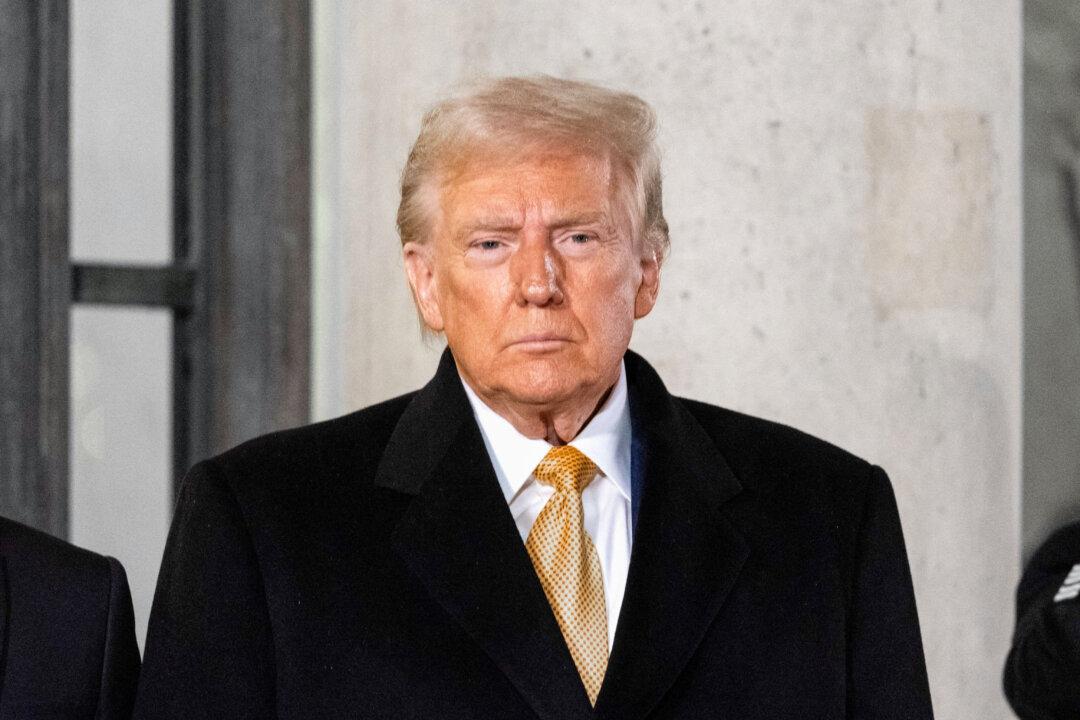President-elect Donald Trump announced on Dec. 8 that he will move to pardon those pursued by the Department of Justice in relation to the Jan. 6, 2021, Capitol breach.
“I’m going to be acting very quickly,” Trump said in an interview with “Meet the Press” anchor Kristen Welker, clarifying that he would begin the process of considering pardons for the nearly 1,500 people charged in connection with the event starting on his first day in office.





